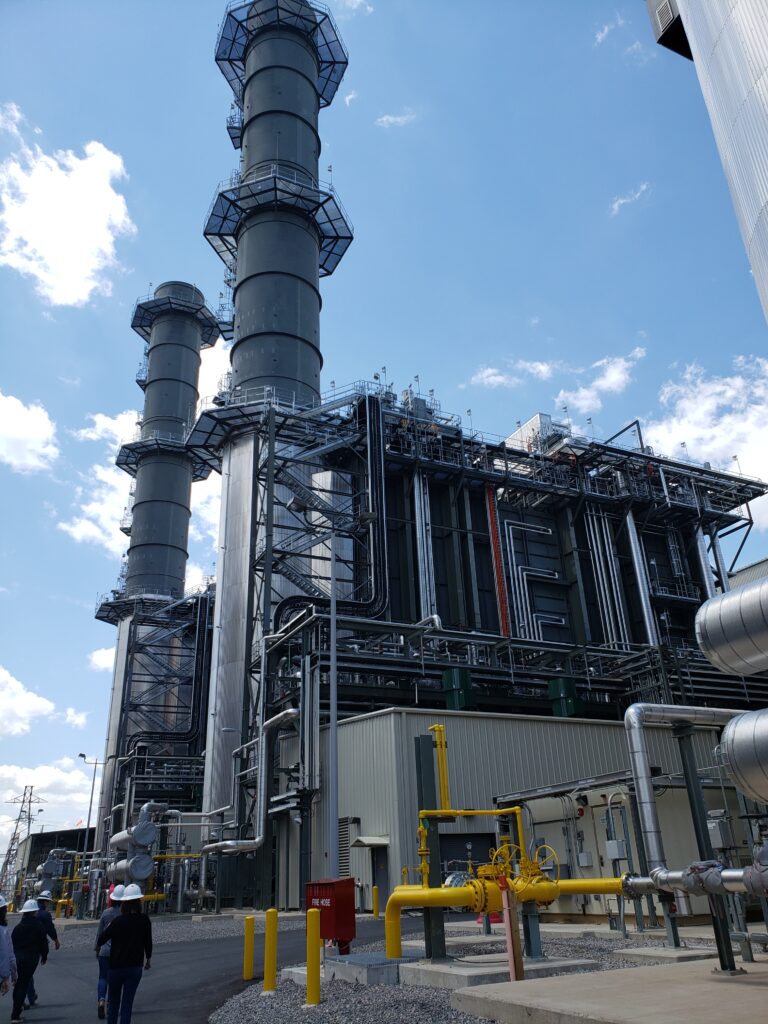
The increased use of natural gas in power generation has saved over 26,000 lives since 2006 and help drive total U.S. greenhouse gas emissions 12.3% lower than 2005, according to two studies released this week.
The reports from researchers at U.C. San Diego and the Rhodium Group, respectively, confirm the critical role of U.S. natural gas in achieving continued climate progress.
Specifically, research from UC San Diego’s School of Global Policy and Strategy found that between 2005 and 2016, over 26,000 lives were saved due to the increased use of natural gas in electric power generation. During that period, more than 600 clean, natural gas fired power plants were built nationwide as the domestic fuel is the most-relied on fuel for power generation.
Thanks to the abundance of local natural gas, Pennsylvania has seen significant growth in modern, combined cycle natural gas power plants. Since 2016, $13 billion in private capital has been invested in Pennsylvania to plan, build and bring online more than a dozen facilities.
The report also adds that the shift to natural gas has reduced overall CO2 emissions, a data point confirmed in newly released Rhodium Group data.
The organization reported this week that in 2019, overall U.S. greenhouse gas (GHG) emissions decreased by 2.1%, bringing emissions 12.3% lower than 2005 levels. The Rhodium Group attributes this reduction largely to the nation’s increased reliance on natural gas for power generation:
“The switch from coal to natural gas and renewables in the electric power sector accounts for the majority of the progress the US has made in reducing emissions over the past decade.”
Rhodium Group’s analysis is one of many reports, including recently release EIA data, confirming continued environmental progress alongside significant increases in production and use of natural gas.




